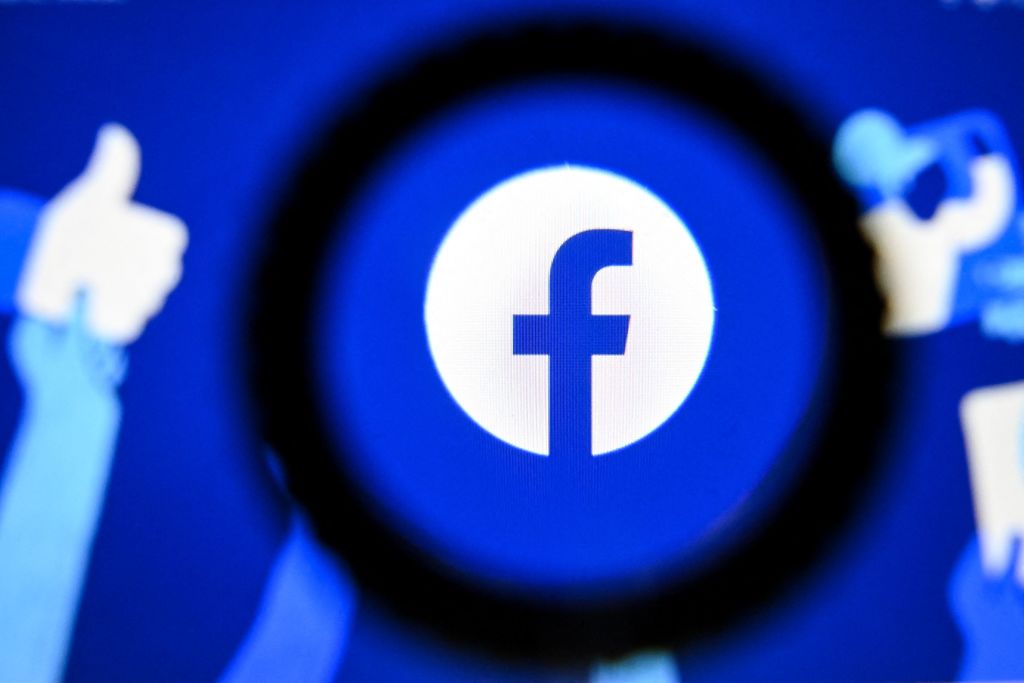Facebook VP reportedly told employees to brace themselves for 'more bad headlines'


A free daily email with the biggest news stories of the day – and the best features from TheWeek.com
You are now subscribed
Your newsletter sign-up was successful
There might be more alarming Facebook headlines in the works — and the company is apparently steeling itself for that likelihood.
According to a post obtained by Axios, Facebook Vice President of Global Affairs Nick Clegg told staffers Saturday that "we need to steel ourselves for more bad headlines in the coming days, I'm afraid." Clegg warned that the new coverage would likely "contain mischaracterizations of our research, our motives and where our priorities lie," and told employees to "listen and learn from criticism when it is fair, and push back strongly when it is not," per Axios. "But, above all else," he wrote, "we should keep our heads held high and do the work we came here to do."
The social network has been slammed by negative press, as former employee and whistleblower Frances Haugen leaked damning internal company documents to both Congress and The Wall Street Journal, alleging the company knows and ignores the harm it causes, and chooses its financial bottom line "at all costs." Since then, Axios says, a group of 17 news outlets have come together to form the "Facebook Consortium" and report on those same leaked documents, now dubbed "The Facebook Papers." The Journal is not part of the consortium.
The Week
Escape your echo chamber. Get the facts behind the news, plus analysis from multiple perspectives.

Sign up for The Week's Free Newsletters
From our morning news briefing to a weekly Good News Newsletter, get the best of The Week delivered directly to your inbox.
From our morning news briefing to a weekly Good News Newsletter, get the best of The Week delivered directly to your inbox.
The group's organizers reportedly "aimed to amplify findings from the leaked documents by having many news organizations report on them simultaneously, creating a big splash," writes Axios, likely explaining this weekend's Facebook news dump. And unfortunately for CEO Mark Zuckerberg, sources said the public can expect "much more reporting based off the documents in the coming days and weeks."
A free daily email with the biggest news stories of the day – and the best features from TheWeek.com
Brigid Kennedy worked at The Week from 2021 to 2023 as a staff writer, junior editor and then story editor, with an interest in U.S. politics, the economy and the music industry.
-
 Political cartoons for February 21
Political cartoons for February 21Cartoons Saturday’s political cartoons include consequences, secrets, and more
-
 Crisis in Cuba: a ‘golden opportunity’ for Washington?
Crisis in Cuba: a ‘golden opportunity’ for Washington?Talking Point The Trump administration is applying the pressure, and with Latin America swinging to the right, Havana is becoming more ‘politically isolated’
-
 5 thoroughly redacted cartoons about Pam Bondi protecting predators
5 thoroughly redacted cartoons about Pam Bondi protecting predatorsCartoons Artists take on the real victim, types of protection, and more
-
 Is social media over?
Is social media over?Today’s Big Question We may look back on 2025 as the moment social media jumped the shark
-
 Australia’s teen social media ban takes effect
Australia’s teen social media ban takes effectSpeed Read Kids under age 16 are now barred from platforms including YouTube, TikTok, Instagram, Facebook, Snapchat and Reddit
-
 Google avoids the worst in antitrust ruling
Google avoids the worst in antitrust rulingSpeed Read A federal judge rejected the government's request to break up Google
-
 Supreme Court allows social media age check law
Supreme Court allows social media age check lawSpeed Read The court refused to intervene in a decision that affirmed a Mississippi law requiring social media users to verify their ages
-
 Nvidia hits $4 trillion milestone
Nvidia hits $4 trillion milestoneSpeed Read The success of the chipmaker has been buoyed by demand for artificial intelligence
-
 X CEO Yaccarino quits after two years
X CEO Yaccarino quits after two yearsSpeed Read Elon Musk hired Linda Yaccarino to run X in 2023
-
 Musk chatbot Grok praises Hitler on X
Musk chatbot Grok praises Hitler on XSpeed Read Grok made antisemitic comments and referred to itself as 'MechaHitler'
-
 Disney, Universal sue AI firm over 'plagiarism'
Disney, Universal sue AI firm over 'plagiarism'Speed Read The studios say that Midjourney copied characters from their most famous franchises
